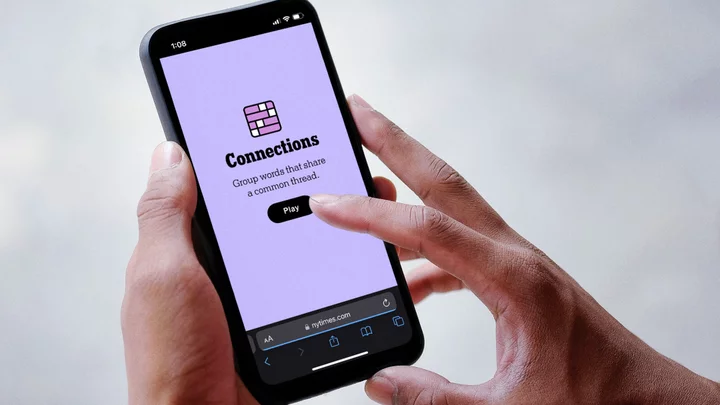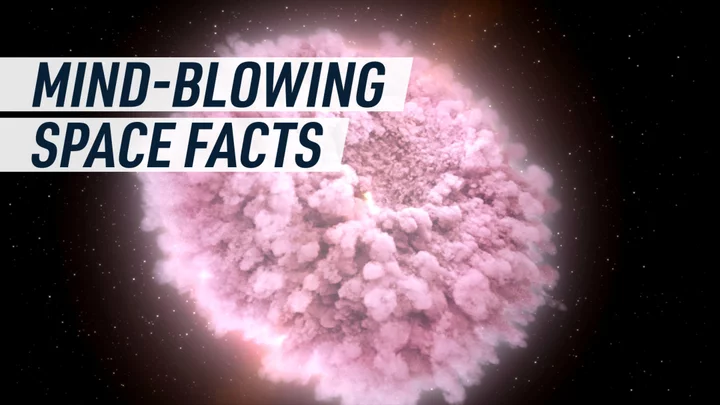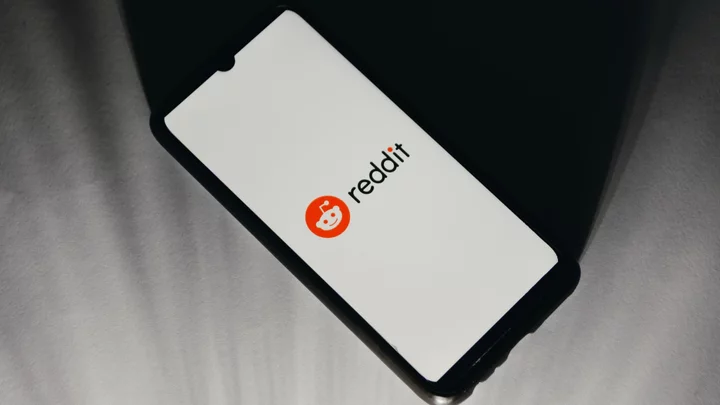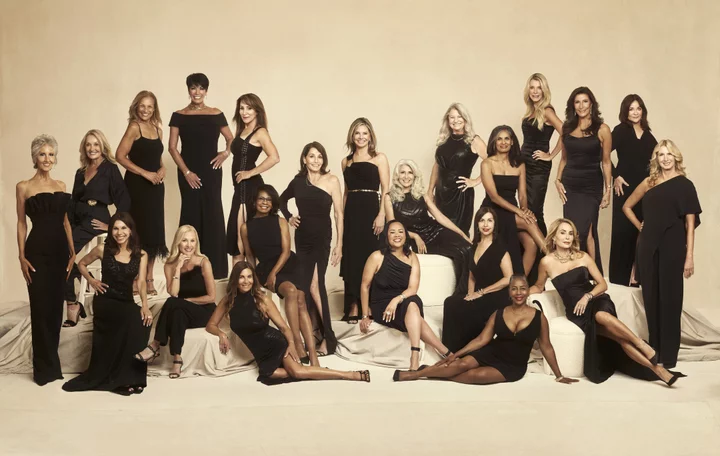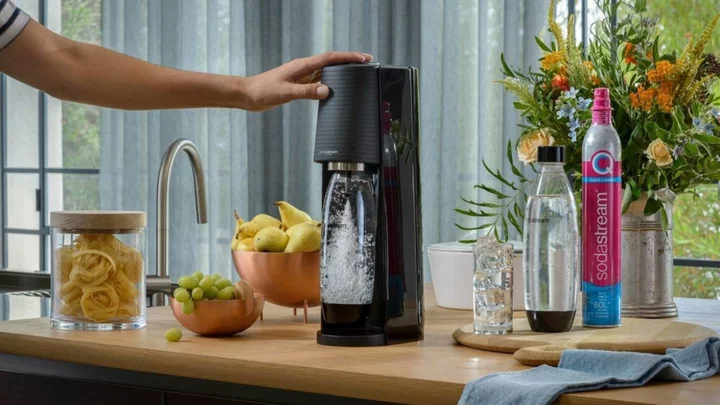A woman is suing Starbucks for “false and deceptive practices” over claims that the coffee company’s iced, fruit-filled refresher beverage actually contains no fruit.
Joan Kominis from Queens, New York, filed a complaint in August 2022 after learning that Starbucks’ Strawberry Acai Lemonade Refresher contained no actual acai. Court documents filed in the southern district of New York claim that “unbeknownst to consumers, the Mango Dragon Fruit and Mango Dragon Fruit Lemonade Refreshers contain no mango, the Pineapple Passionfruit and Pineapple Passion Fruit Lemonade Refreshers contain no passionfruit, and the Strawberry Açaí and Strawberry Açaí Lemonade Refreshers contain no açaí.”
Kominis and her co-plaintiff, Jason McAllister of California, are seeking damages in excess of $5m. Starbucks has since called the allegations “inaccurate” and “without merit”.
On Tuesday 19 September, US District Judge John Cronan rejected Starbucks’ request to dismiss nine of the 11 claims in the class-action complaint because “a significant portion of reasonable consumers” would assume that the beverages in question would contain the fruit in their names.
The plaintiffs have said the main ingredients in these beverages were water, grape juice concentrate, and sugar. They claim the refreshers “differ from other Starbucks products” in that the product doesn’t contain items in their name.
“Starbucks’ hot chocolate contains cocoa, its matcha lattes contain matcha, and its honey mint tea contains honey and mint,” reads the complaint. While they noted that the refresher drinks do in fact contain freeze-dried pieces of strawberries, pineapple and dragon fruit, they claimed that Starbucks “does not affirmatively indicate anywhere which ingredients are and are not in the products.”
Starbucks had said that the fruits mentioned in the refreshers titles are meant to “describe the flavours as opposed to the ingredients.”
Judge Cronan disagreed, writing in his ruling: “Nothing before the Court indicates that ‘mango,’ ‘passionfruit,’ and ‘açaí’ are terms that typically are understood to represent a flavour without also representing that ingredient.”
In Kominis’ original filing, she claimed that she was going to buy a Strawberry Açaí refresher specifically for the açaí benefits. The suit stated that açaí berries and juice “are known to provide benefits to heart health, cognitive function, and contain anti-cancerous properties.”
“Had she known that the product did not contain açaí, she would not have purchased it, or would have paid significantly less for it,” the document read.
Kominis said that she and other consumers bought these menu items and “paid a premium price” based on Starbucks’ naming of the refreshers, and would either not have purchased them or “paid significantly less for them” had they been aware they were missing one of the named fruits.
“The allegations in the complaint are inaccurate and without merit,” a Starbucks spokesperson told Today. “We look forward to defending ourselves against these claims.”
One claim of fraud and another for unjust enrichment were dismissed from the suit, but Starbucks will have to face the rest of the allegations.
The Independent has contacted a spokesperson for Starbucks for comment.
This is the second lawsuit an American food chain has faced in recent weeks. Earlier this month, Burger King was sued over claims that the company misled customers by making its Whopper burger appear larger on the menu than how it appears in reality.
Read MoreCiting sustainability, Starbucks wants to overhaul its iconic cup. Will customers go along?
Starbucks cheers ‘good progress’ in plan for 100 new UK shops
Ed Sheeran serves up Pumpkin Spice Lattes to surprised Starbucks customers
Courgette season is nearly over – here’s three ways to make the most of them
Top international cuisines Brits are keen to try
Subway enthusiasts stew over launch of first ever 3-inch sandwich


